THC - what is this acronym?
min. reading
THC – when this acronym is expanded, the complicated-sounding word tetrahydrocannabinol appears. This is, of course, one of the cannabinoids found in cannabis. It’s the notoriously shrouded brother of CBD, CBG or CBN. Is it rightfully so? We will try to explain it to you as best we can. Decide for yourself what your opinion is on this phytonutrient derived from hemp.
Table of Contents
Tertahydrocannabinol – structural formula
This is the structural formula of THC:
From chemistry lessons, we can also remember the sum formulas, and the one for this cannabinoid is as follows: C21H30O2
However, this is still not the answer to what THC is. The formula itself doesn’t tell us much, does it?
THC – what is it?
Simply put, it’s a cannabinoid, otherwise known as an organic chemical compound found in cannabis. It is the main psychoactive substance that we can find in different varieties of these plants.
THC is one of the most well-known cannabinoids, which owes its fame or infamy to the recreational use of cannabis. When many people think of cannabis, they think specifically of THC and its psychoactive effects. Even if they don’t fully know the name of this compound. It is unequivocally associated with intoxication and does not necessarily have a good reputation.
Is it really worth finally crossing out THC? In Poland, in hemp products, the permitted amount of tetrahydrocannabinol concentration is 0.2%. Products that do not exceed this concentration can be legally marketed and legally used. THC is also found in medical marijuana and marijuana-based medicines. [1]
What does THC contain?
THC, or tetrahydrocannabinol, is one of the natural substances we can find in different varieties of cannabis. It is produced by the plant’s glands. THC isomers are the main substance of cannabis, responsible for its psychoactive effects. At the same time, it can also be found in much smaller amounts in, for example, fiber hemp, which is legal in Poland.
How does tetrahydrocannabinol (THC) work?
Tetrahydrocannabinol is a substance that does not actually dissolve in water, but only in fats and alcohols. Hence, there is unlikely to be any chance of drinking a cannabis infusion with psychoactive effects. Nevertheless, hemp oils or macerates have been created, which in their composition already contain fat or are alcoholically extracted, and in such products we will find various concentrations of THC.
THC affects our body through the endocannabinoid system, acting on CB1 and CB2 receptors. Thus, this substance blocks ion channels in our body. As a result, there can be a reduction in the release of acetylcholine in the hippocampus (among other things, this is why pupils decrease when consuming THC), norepinephrine in the sympathetic nervous system (it’s through this that we feel fear and anxiety, for example) and glutamates.
Tetrahydrocannabinol therefore mainly affects our mental functions, brain and psychological well-being. Keep in mind that THC can affect different people differently. In some, it will cause drowsiness and sedation, while in others it can increase anxiety and lead to restlessness and even more stress.
Long-term use of THC is not advisable, as the body can build up a resistance to the substance and need larger and larger amounts over time. [2]
THC side effects
THC, despite being a completely natural substance, like anything, can cause side effects. Especially when this cannabinoid is used in an inappropriate way and its origin is of unknown source! What are the negative effects of consuming tertahydrocannabinol?
- higher blood pressure,
- faster heart rate,
- dryness of the mouth,
- and the resulting cough,
- bloodshot, red eyes,
- swollen eyelids,
- increased perspiration,
- excessive appetite,
- headaches.
Additionally, consuming THC makes us unable to drive any vehicles, causes trouble concentrating and remembering, and like alcohol, can impair our coordination.
THC consumption should ideally be done under controlled conditions, in a safe place. Especially when we first come into contact with this cannabinoid (e.g., after a prescription for medical marijuana), it’s good to have someone we trust next to us, so that in case of poor body tolerance and an unforeseen reaction, they will be able to help us.
How much THC persists in the blood and how much THC persists in the urine
Tetrahydrocannabinol in the body can be detected using a drug test. Such tests examine blood, urine, saliva or hair follicles. It is in these that the presence of THC in the body can be detected. The most popular tests are those from blood and urine. The length of time the substance remains in the body can vary and depends:
- age
- weight
- gender
- method of THC ingestion
- amount of THC ingested
- quality of THC
So it’s hard to answer unequivocally how much is no longer detectable in tests after consumption. However, there are estimates.
How long THC stays detectable in the blood?
If we consume tetrahydrocannabinol occasionally, it will be a matter of a few days. However, if we are regular users and use the substance regularly, it can take up to 2 weeks before THC is no longer detectable in our blood. Additionally, our weight matters here. In heavier, heavier people, THC lasts longer in the body than in normal weight or slim people with little body fat.
How long THC stays detectable in urine?
Urine testing is the most common method for detecting tetrahydrocannabinol. And it is also in the urine that traces of consumption of this phytonutrient can be found the longest! When we consume THC sporadically, irregularly, it can be excreted with urine even 3 days after the last use of the substance! When we use THC very frequently, in large quantities, chances are that even 2 months after we stop using the substance, it will still be detectable. The record is the detection of THC in urine as much as 95 days after consumption!
THC and CBD
THC and CBD have several facts in common. Both are cannabinoids found in different varieties of cannabis. Both are also natural substances found in nature. And likewise, they are the subjects of the greatest amount of hemp phytonutrient research. However, that’s where the similarities end! THC, as a cannabinoid, is psychoactive and illegal in very many parts of the world. CBD, on the other hand, has no psychoactive effects and is permitted for legal use in many countries. It is also not included in the range of drugs, like products with THC in their composition.
Facts and myths about THC
There have been a lot of myths about marijuana and THC over the years, which are worth dispelling, as they have largely taken their toll simply from a lack of adequate information and from propaganda against the substance. Here are some of those myths about tetrahydrocannabinol.
Myth: THC is a prelude to hard drugs
It is accepted that the road to drug addiction begins with experimentation with soft ones. However, there is no evidence for this, backed by research. Whether we become addicted to hard drugs has nothing to do with what we experimented with before. Some people are predisposed to become easily addicted. Some of us are not attracted to the idea of hard drugs at all, despite having once tried marijuana. On the contrary, THC is used in some areas as a way out of alcohol or opioid addictions.
Myth: Smoking marijuana is the same as smoking cigarettes
Smoking anything, directly inhaling the smoke, is indeed not the healthiest way to consume a substance. However, you can’t compare herbs to tobacco dipped in dangerous substances. If we smoke cannabis, which is not contaminated with anything, it certainly won’t have the same effect on our lungs as tobacco smoke.
Myth: THC causes mental illness
Because of the psychoactive effects of tetrahydrocannabinol, many people claim that it causes mental illnesses, such as schizophrenia, for example. And this is not true! THC by itself does not cause us to get a disease. Instead, it can activate it earlier if we are genetically predisposed to it.
These are just a few of the myths about marijuana and THC. Unfortunately, they are taking their toll and some people still believe that products with THC cause a lot of bad things and should be strictly banned. But are they actually as illegal as everyone thinks?
Is THC illegal?
Both yes and no. It all depends on what it is in and in what amount. THC is legal in concentrations of up to 0.2% in fiber hemp, whose fields can be easily seen in Poland and from which our products are made. For that, THC is banned in food products. The case is different with THC found in medicines prescribed by a doctor, or so-called medical marijuana. Here THC is legal in much higher concentrations and we can use such products with tetrahydrocannabinol without fear of legal consequences. It is enough that we can follow a doctor’s recommendation if necessary.
Tertahydrocannabinol in drugs
THC affects the human body through CB1 and CB2 cannabinoid receptors. The former are mainly found in nervous tissue, while CB2 receptors are found in the immune system. THC’s effect is to reduce the release of acetylcholine in the hippocampus – this, among other reasons, is why pupils constrict when THC is consumed. This cannabinoid also affects the release of norepinephrine. Like adrenaline, it is responsible for mobilizing the body to action. Hence, when its release is blocked or reduced, THC makes us feel relaxed and laid back. Another of tetrahydrocannabinol’s actions is also to reduce the release of glutamate from hippocampal neurons. And this, in turn, affects the state of homeostasis.
Since 2017 in Poland we can get a prescription for so-called medical marijuana, which contains THC. The prescription is written for patients with mental disorders, cancer, neurological, gastrointestinal or glaucoma diseases. In our country, cannabis medicines are sold in dried form for vaporization. For the time being, other forms such as hemp oil or hemp oil capsules are not on the market.
CBD capsules (1000mg) – 50 pieces is a product that provides the convenience of consuming CBD oil.
What is THC? Answer
It is unequivocally impossible to determine whether this component of hemp is good or bad. As is actually the case with many other topics, the way of use is related to it. Tetrahydrocannabinol can be used purely recreationally, in a way that is illegal in Poland. Then it can be subjected to moral questioning. It is also a compound that is used to treat people, sometimes in cases of very severe disease, giving them a chance for better functioning and quality of life.
What is beyond any doubt is that it is an extremely important natural ingredient in cannabis of various kinds, and research on it is still ongoing. Every now and then, new information is published that talks about more properties of THC that are being studied.
Bibliography
- Heas Sup „Endocannabinoid” https://headsup.scholastic.com/students/endocannabinoid

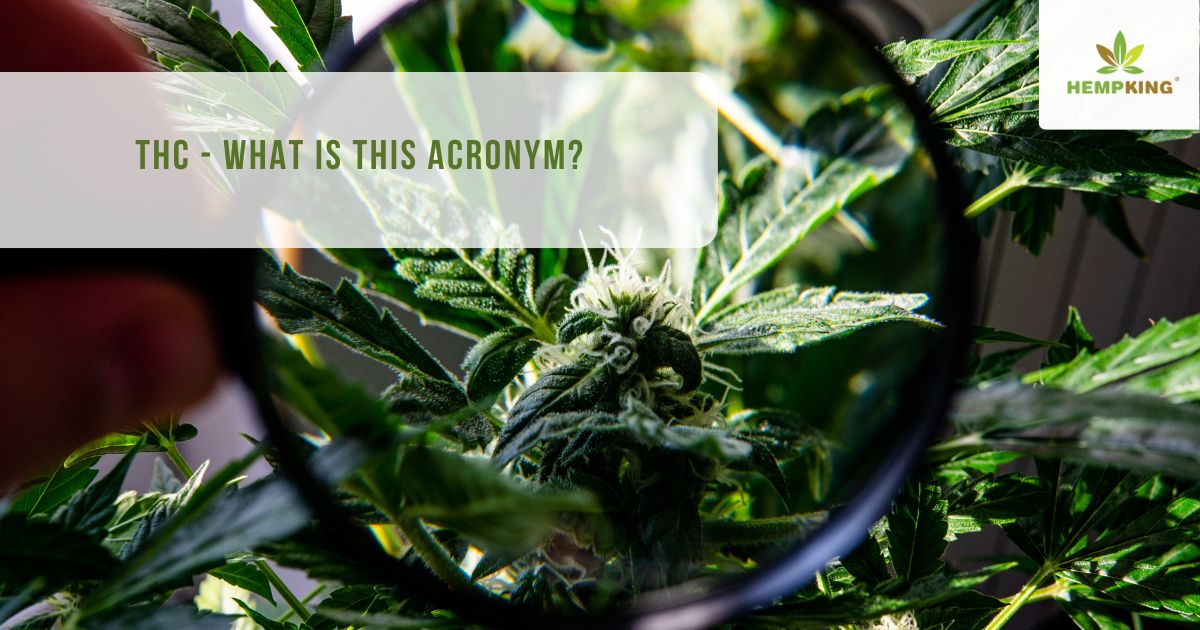
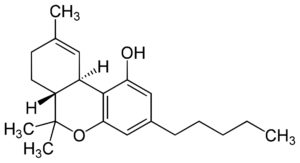
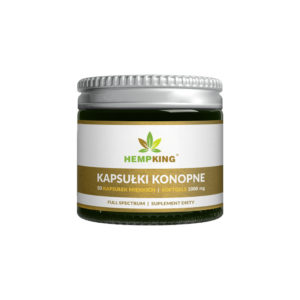
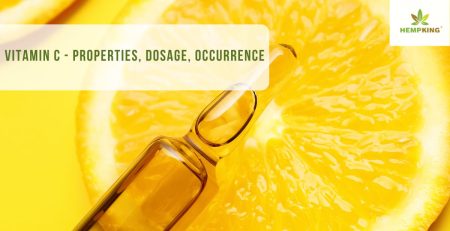
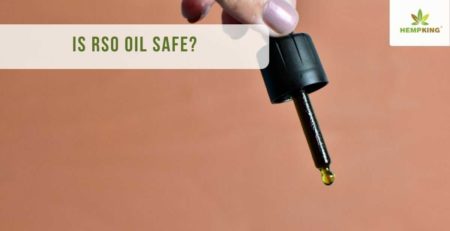

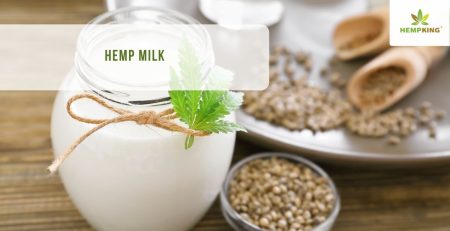
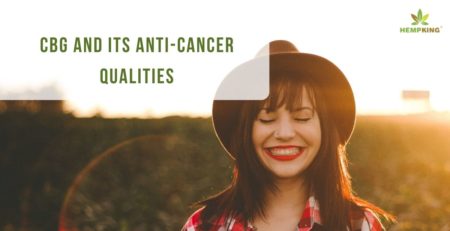
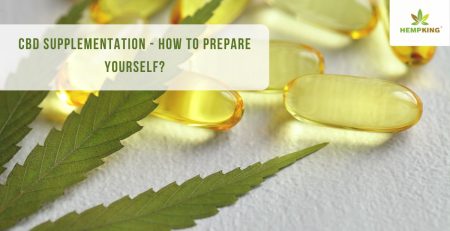
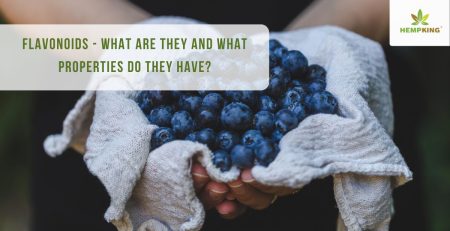
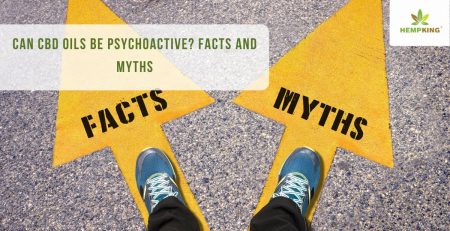
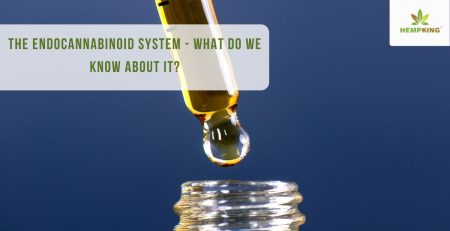
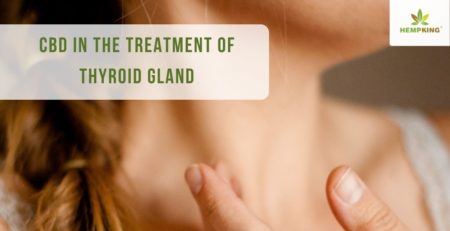
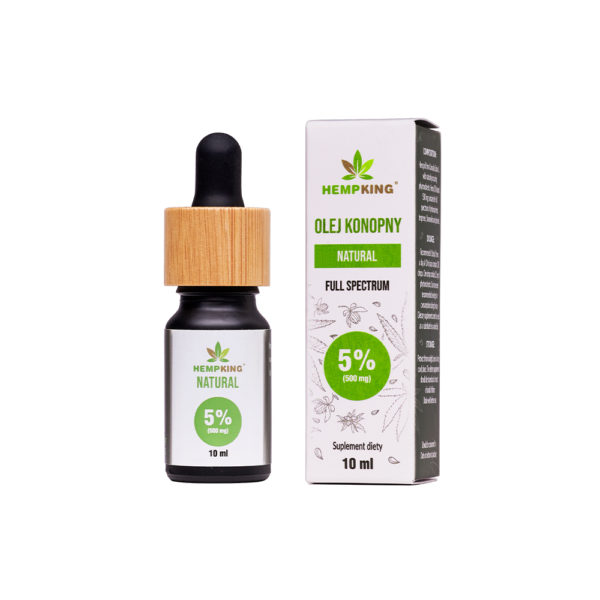
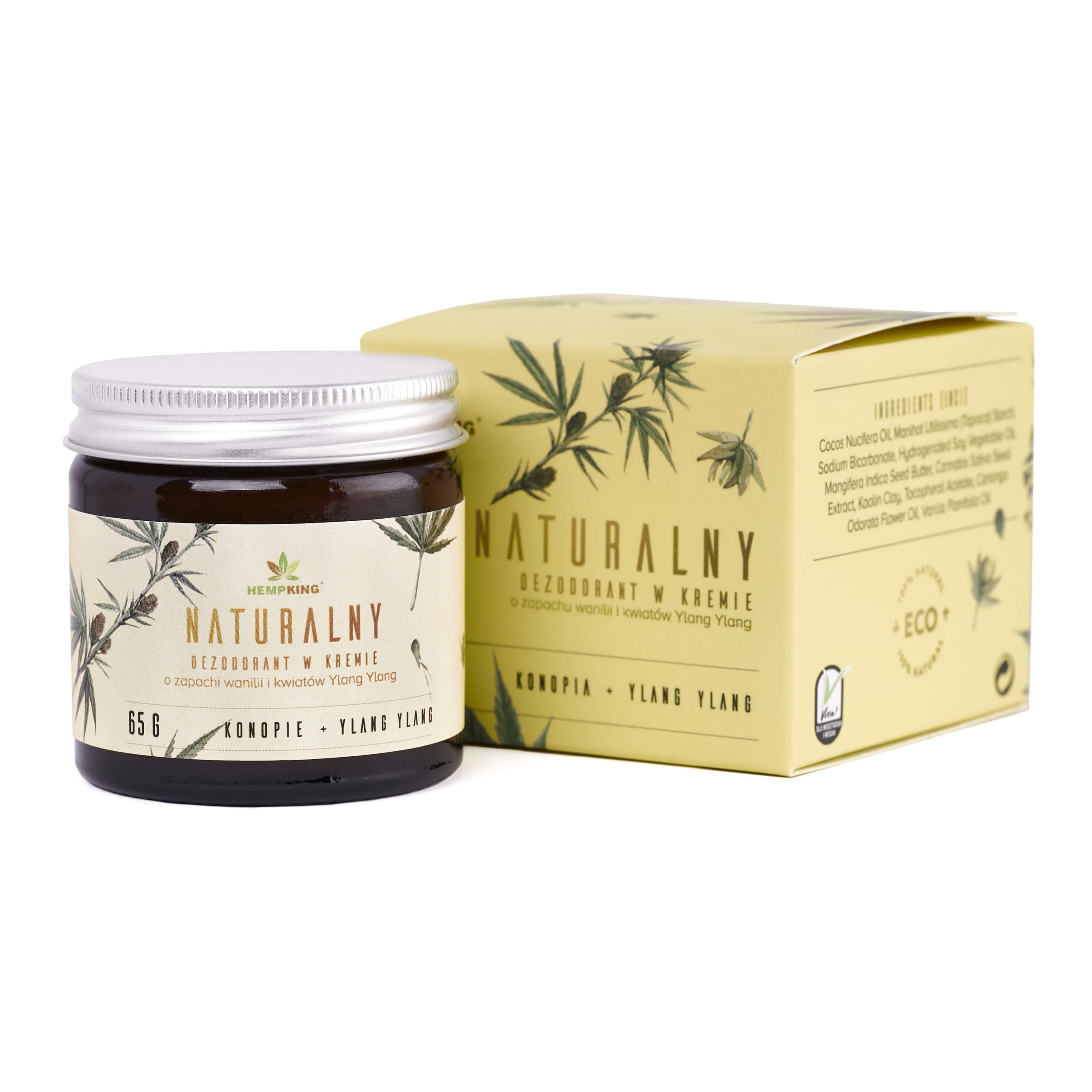
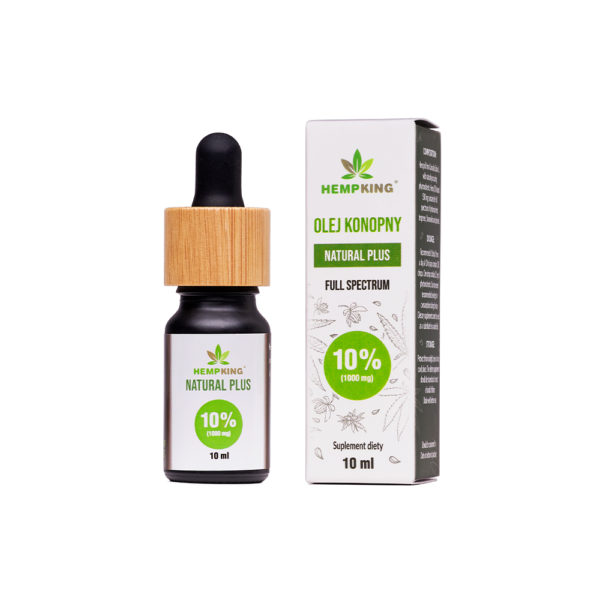
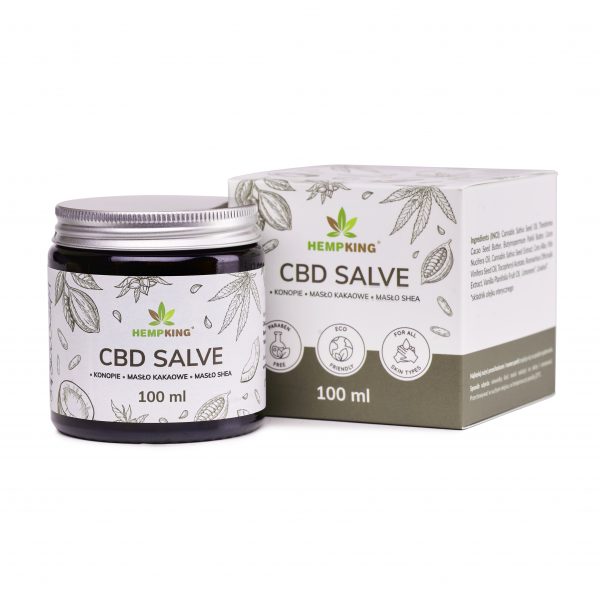
 Facebook
Facebook Instagram
Instagram

Leave a Reply